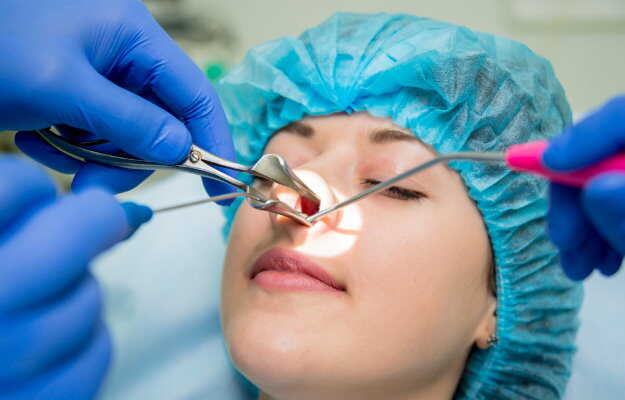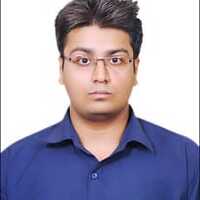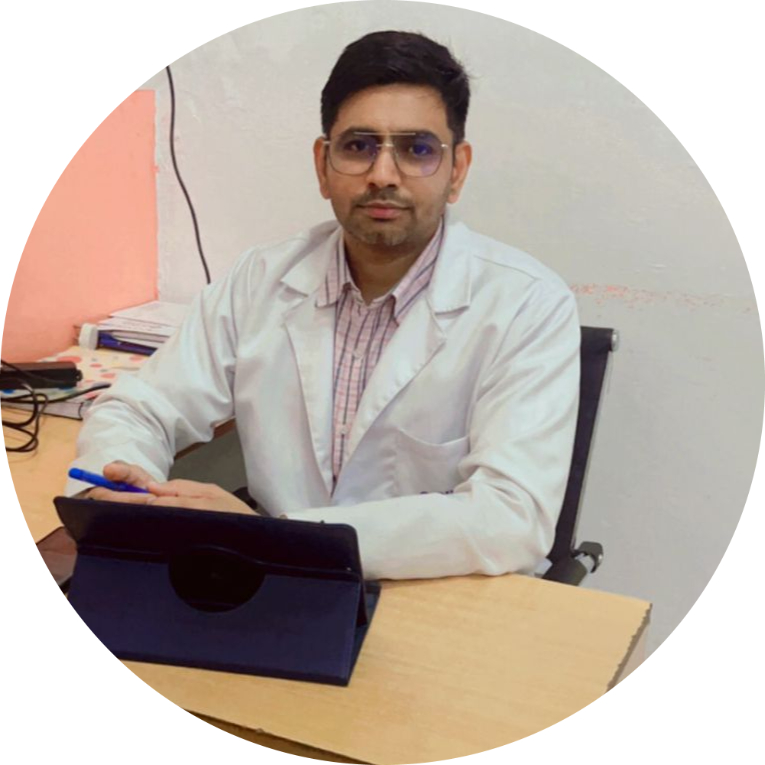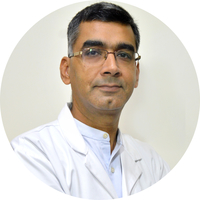Functional Endoscopic Sinus Surgery or FESS is a surgical procedure that is used primarily to treat recurrent or chronic sinusitis when medical management has failed. The surgery often relieves the patient of the symptoms and treats the primary cause of the disease.
Investigations involve routine blood tests and radiological tests. Postoperative care and management are usually uneventful with often complete remission of the disease.










































